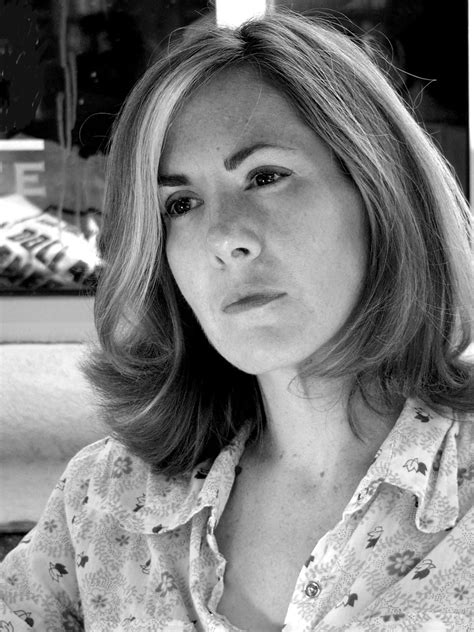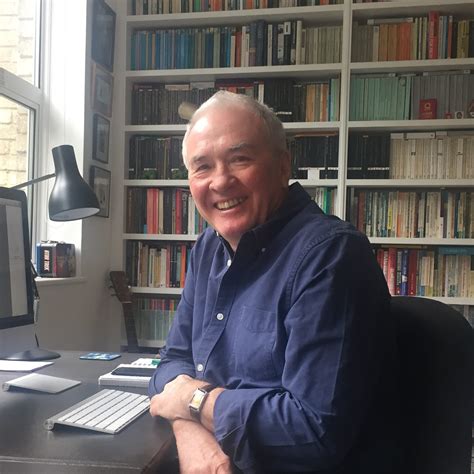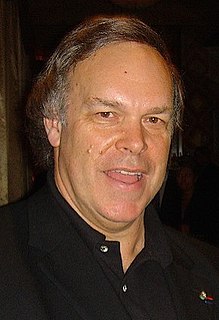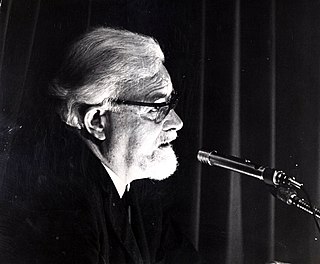A Quote by William S. Burroughs
Most serious writers refuse to make themselves available to the things that technology is doing. I've never been able to understand this sort of fear.
Related Quotes
One of the great things about the longer you do a character, the more the writers start to understand your kind of character ticks and things that you like to do. The most exciting thing I think for a writer is when the characters just start speaking for themselves. You sit down at your keyboard and just stuff starts jumping out of their mouths. They just sort of wrote the scripts for themselves.
In company with people of your own trade you ordinarily speak of other writers' books. The better the writers the less they will speak about what they have written themselves. Joyce was a very great writer and he would only explain what he was doing to jerks. Other writers that he respected were supposed to be able to know what he was doing by reading it.
I have always wanted to do Broadway, my whole life, but I never knew I'd actually make it - it's a dream; it's never been in the realm of possibility. So to be doing 'Hello Dolly!,' it's not just Broadway, but it's the most joyful, sort of classic Broadway experience with the most extraordinary company.
If you go off into general-interest magazines, often women are being shoved aside into various ghettos that perpetuate the problem. Women's interests are specialized, they're secondary; they're somewhere over to the side of the serious work that's being done. Throughout history, there have been ladies' magazines, ladies' journals, and for years there have been women writers who would refuse to participate in women-only sort projects because of that stigma.
An entrepreneur is somebody who is taking bold risks, is often doing things that have never been done before, trying to do things better. And an adventurer is challenging themselves, often doing things that have never been done before, seeing what they're capable of. In both cases, you've got to protect against the downside.
Wine writers have been around for almost as long as there has been wine, but in the past, generally speaking, most wine writing was uncritical and emphasized wine as a romantic, historic beverage. Criticism and comparative tastings were eschewed for fear of offending the trade, which most writers depended upon for survival.
The hidden so-called scholars of old did not hide themselves and refuse to be seen. They did not close the door on their words and refuse to let them out. They did not shut away their wisdom and refuse to share it. But those times were all haywire. If it had been possible for them to act, they could have done great things, bringing all to Oneness without any sign of doing so. However, the times were not favorable and it was not possible, so they put down deep roots, remained still and waited. this was the Tao by which they survived.
Nobody can be saved from anything, unless they save themselves. It is hopeless doing things for people - it is often very dangerous to do things at all - and the only thing worth doing for the race is to increase its stock of ideas. Then, if you make available a larger stock, people are at liberty to help themselves from out of it. By this process the means of improvement is offered, to be accepted or rejected freely, and there is a faint hope of progress in the course of millennia. Such is the business of the philosopher, to open new ideas. It is not his business to impose them on people.






































